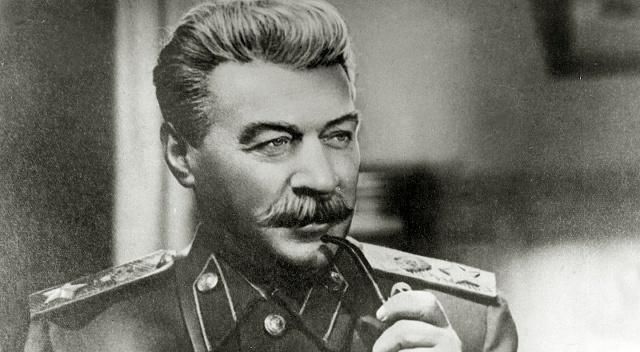Welcome to Epic Epic No. 936. Historically, Russia was the neighboring country that had encroached on China's land the most, and even in modern times it has invaded the northeast region of our country several times. Of course, the great war between the Red Army and the Kwantung Army in 1945 objectively accelerated the process of recovering China's territory. The question arises, the Soviet Union has always wanted to seize China's land and rights and interests in the northeast, why did not take advantage of the opportunity to occupy the entire territory of the northeast in 1945 to achieve this goal, but withdrew in the following year?

If you do not understand the background of the times, this question does sound a bit unreasonable, after all, the Soviet army in 45 years has mobilized more than 1.5 million troops, and the cost of fighting the Japanese army in thousands of kilometers to China is certainly very high, not to mention that there are more than 20,000 Soviet officers and soldiers in the war with the Japanese army during the period. The northeast occupied at such a cost should not be easily let go with the consistent disposition of Soviet Russia. However, in May 1946, the Soviet army withdrew to the country, which was not at all its former hegemonic style.
First of all, it is unrealistic for the Soviet army to occupy the northeast for a long time. Of course, it is not impossible purely militarily, but under comprehensive consideration, it has to be withdrawn as soon as possible. Why were 1.5 million Soviet troops able to enter China reasonably and legally in 1945? Because China and the Soviet Union were allies at that time, the fight against the fascist enemy (the Japanese army in the northeast) was a common goal. The allies also include world powers such as Britain, the United States, and France. The Soviet army went to the northeast to fight the Japanese army, which was the content of the allied agreement (Yalta) reached as early as February 45, and the Soviet army came to China to fight the Japanese army, not to take advantage of the chaos to expand the territory. This point did not simply take effect between China and the Soviet Union, but was one of the contents of the agreements of the main participating countries of the Allied powers, and if the Soviet army had any intention of dividing, it would have violated the Allied agreement, and the impact was bad, and in the worst cases, it was an enemy of various countries, and even a new fascist. After World War II, the world situation was complicated, and East Asia, which was geographically important, was obviously the object of contention that the great powers were trying to compete for, and although the Soviet Union was strong in 45 years, its military strength was still inferior to that of the United States.
Secondly, don't look at the fact that there are only 9 months in the northeast, but the Soviet Union has already earned back the cost, and it can even be said that the bowl is full. According to data released by the US investigation team afterwards, the Soviet Union gained huge benefits in both aspects during its stay in China. One of them is naturally the collection of Japanese enterprises in China and the northeast civilian materials, facilities, wealth, and even broken copper and iron and bicycles, the total amount of plundered materials converted into more than 6 billion US dollars, the purchasing power of the US dollar at that time was far from being comparable to today; and after the surrender of the Japanese army in the northeast, more than 590,000 people were used as free labor by the Soviet army and sent to siberia as laborers in their own country to develop their national land resources. This is more than 500,000 young adult men, if the conversion cost of the labor force of the country how much money does it cost? Not to mention decades of free labor! The seemingly rough Soviet Russians, although they did not directly occupy Chinese land this time, they were also meticulous and made a value-added robber deal, so they were willing to withdraw from the northeast.